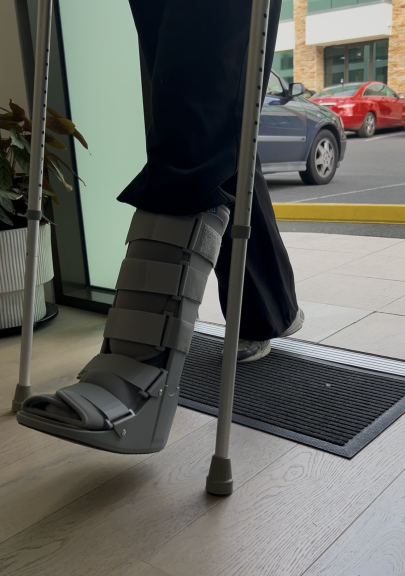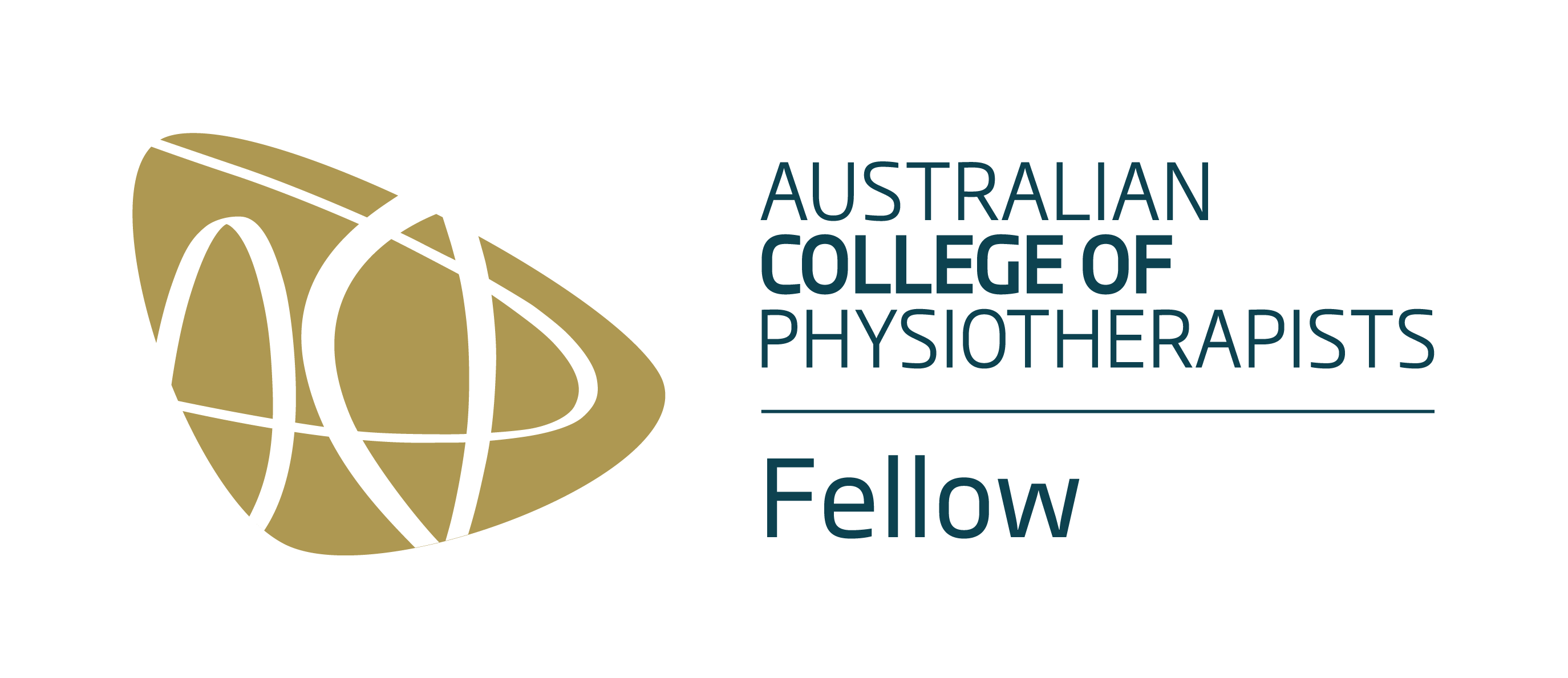Post match recovery is essential to minimising future injury risk and allowing the body to repetitively perform at a high level. There are many different opinions on the best way to recover post sporting activity. Some say ice, some say heat and some recommend a “flush run.” But is there any evidence that these strategies work? For those interested in learning more about what strategies actually can make a difference to recovery, read on, as today we will discuss what research has shown to be most effective for muscle recovery.
The best options for muscle recovery are stated below, in order of most evidence available.
Sleep
Sleep has shown to be the most effective option for muscle recovery. Sleep has been extensively studied and shown to have huge impacts on athletic performance. When we don’t get enough sleep or have enough high quality sleep, this can be considered sleep deprivation. Sleep deprivation has shown to negatively influence learning, memory, cognition, pain perception, immunity and inflammation (1).
While sleep is such a simple and easy form of recovery, many struggle with meeting what classifies as a “good night's sleep.” Many people have afternoon coffees, have large meals and late night snacks before they sleep, all of which can limit sleep quality and duration (1). To give yourself the best chance of having a good night’s snooze, an easy place to start is avoid having a meal no closer than one hour before bedtime. Carbohydrate rich foods have also shown to improve sleep latency, which is how fast we can fall asleep (2). This is useful for getting a good night’s rest as it can increase our sleep duration, allowing for better recovery of muscles especially after training.
The next tip for high quality sleep is one I am sure everyone has been told, but refuses to follow, is to avoid electronic screens at least thirty minutes before bed. A study on university students showed that overuse of electronic screens was associated with poorer sleep quality (3). In athletes, where sleep is so essential to recovery post sport, electronic screens should be avoided as much as possible before bed. Listening to relaxing music or having some relaxing sounds via an electronic device is recommended, however, making sure the screen is turned off when doing so is important for sleep quality.
An athlete post sport should follow these simple steps in preparation for bed time:
- Eat a meal high in carbs at least 4 hours prior to bed.
- Avoid use of technology at least 30 minutes prior to trying to fall asleep.
- Ensure the room is dark and cool in temperature.
- The use of relaxing music, ambient and soothing sounds can be used with screens off.
Nutrition and Hydration
Fluid consumption and food intake post sport are two crucial aspects of recovery. Firstly, we will discuss nutrition. There is a molecule our muscles use for energy, called glycogen. When we exercise, this molecule depletes and must be replenished in order for our bodies to repeat exercising at a high level. The good news is that consuming foods high in carbohydrates will replenish glycogen levels after activity (5). This is why you commonly see AFL players post match eating pizza, souvlakis and all kinds of delicious foods, as they are rich in carbs. Now, if you have just gone for a light 5km jog, maybe a box of pizza isn’t the best idea, but make sure to consume some carbs post run like a peanut butter sandwich or a slice of whole grain toast with avocado and eggs.
The next step in nutrition is protein consumption. When we exercise, our body breaks down proteins in the process. In order to have an optimal level of muscle repair post sport, the body requires those proteins to be replenished (4). A great way to do this is to consume around 20-40g of protein. A great way to consume both protein and carbohydrates is through chocolate milk. Chocolate milks generally provide around 20g of protein and are rich in carbohydrates. Studies have also shown that muscle recovery can be enhanced with the combination of protein and carbs (5). You will also see lots of AFL teams consuming chocolate milk after their games, as per Melbourne below.

Finally, when it comes to hydration, there are a few simple tips to follow to help with hydration intake post-sport. Avoiding the use of alcohol is one. Alcoholic beverages have substances which increase urine frequency, and delays the ability to hydrate, and has proven to slow down muscle recovery and impair sleep efficiency (4). Another good idea is to weigh yourself before and after sport. Weight loss post sport can be a good indicator of how much fluid was lost. The idea is to hydrate and refuel your body, until you reach that same pre-sporting weight, to know you have rehydrated properly. The drink of choice should be drinks higher in sodium content. Sodium has shown to promote fluid retention, increase thirst while at the same time does not stimulate urine production (4). Every day sports drinks like Gatorade and Powerade can help with this, as they have a relatively high sodium count compared to other drinks.
Cold, Hot, and Contrast Water Immersion. What is best?
Ice baths, beach recovery, warm pool, sauna? Everyone has their preference for what makes them feel better post sporting activity. But there has been research into what form of water immersion works best for muscle recovery, and that is cold water immersion. Cold water immersion has shown to reduce muscle soreness, and was found to be more effective in sports where body contact caused soreness or damage. This would be contact sports like football, rugby, basketball, etc (4).
Cold water immersion can be completed from home in the bath or the beach. Immediately after the match, a full body submersion into 12-15 degrees Celsius water has shown to be most effective (4). Something to be aware of with cold water immersion is that it has shown to stunt adaptations to training (6). Essentially, chronic cold water immersion can stunt one's ability to improve strength, which isn’t ideal for those hitting the gym pre-season. This is why cold water immersion should mainly be used inseason only, as the focus is on getting up a game each week, and not building strength.
Compression Garments
Compression garments have limited studies behind the evidence of their benefit, but what is available has proven to be somewhat effective. Research has suggested the use of compression garments can have a positive effect on “recovery of muscle strength, muscle power, creatine kinase and in reducing the severity of delayed onset muscle soreness (4).” This is thought to be due to improving blood flow within the body, assisting with the healing and repair of damaged muscles.
Besides limited research, there is still no evidence to say it harms recovery, so it is definitely something worth trying as part of your routine recovery process. A good way to utilise compression garments is to wear them to bed and sleep in them overnight, and get a good night’s sleep!
Soft Tissue Treatment
Getting a massage throughout the week post match, and in the lead up to the next one has shown to enhance muscle recovery (6). This is because massage can help with the inflammatory process that impacts damaged muscles post sport. It also has psychological benefits as players tend to feel like their body isn’t as sore post massage, which can help with recovery and feeling confident enough to back up repeat performances. At Peak MSK Physio, physiotherapy can provide soft tissue treatment, to have you up and going for your next game.
Other Options
There are of course a few other options for recovery that have less evidence behind their use, but then again, don’t have any evidence to suggest a negative impact. These are recovery methods such as cryotherapy, sauna, electrical stimulation, ultrasound, etc. There is some evidence to suggest that these modalities can assist with inflammation, tissue healing and recovery, but not enough research to recommend it. For time purposes, it would be a better idea to utilise what we know has some benefit, and as time allows, you can try those other forms of recovery also.
What Should Post-Game Look Like?
The best way to ensure your recovery goals are met post-match and training session, you should create a routine, and follow these next steps.
Step 1. Train/Play
Step 2. Rehydrate. Make sure to consume some form of an electrolyte drink with some chocolate milk.
Step 3. Cold water immersion at the beach or at home in the bath. (But remember the effects of cold water on training adaptations!)
Step 4. Consume a protein and carb fueled meal. If you played a game during the day, aim to have the meal at least 4 hours before bedtime, as a way to not impact sleep quality.
Step 5. Put on some compression garments over the upper and lower body.
Step 6. Get a good night's sleep. Dark room, cool temperature and no screen technology 30 minutes before bed.
Step 7. On the day after, have a soft tissue massage from your physio.
Hopefully following this advice allows you to see a better recovery for your body. Having a good recovery is crucial to performing at a high level and being able to repeat good performances throughout the year. If you need any help with massage, stretches and exercises, contact the clinic today and book in your appointment.
FAQ
Why is muscle recovery important?
Muscle recovery is important because it allows your muscles to repair and rebuild after exercise, which helps prevent injury and improves overall performance.
How long does it take for muscles to recover?
The amount of time it takes for muscles to recover can vary depending on a number of factors, including the type and intensity of exercise, age, and overall health. In general, it can take anywhere from 24 to 72 hours for muscles to fully recover after exercise.
How can I tell if my muscles are fully recovered?
You can tell if your muscles are fully recovered by monitoring how they feel during and after exercise. If you experience pain or discomfort during exercise, it may be a sign that your muscles are not fully recovered. Additionally, if you notice a decrease in performance or strength, this may be a sign that your muscles need more time to recover.













